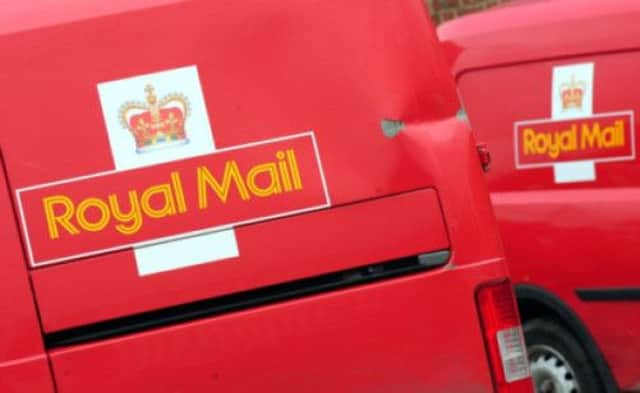Leaders: Royal Mail share success | Mod


The price per share on the first day of trading averaged a pound above what the Government sold them for. Mr Cable – on the advice of Lazards the investment bank – thought 330p was the fair price. The market clearly believed him wrong, for within seconds of going private more than ten million shares changed hands, pushing the price above 450p. This added £1 billion to the company’s overall worth – cash the overburdened taxpayer might have received had the sale price been higher.
But to focus on the inadequate offer price for Royal Mail is surely to miss the point about the privatisation. In the long run, the real benefit to the country is if Royal Mail performs better in the private sector than it did under state tutelage. The evidence from most previous privatisations is that management is improved and the companies switch from being focused on the interests of the producer to the interests of the consumer. As sales and profitability improve, so do the tax receipts to the Treasury.
Advertisement
Hide AdAdvertisement
Hide AdPrivatising Royal Mail to give it free access to development capital, and make its management jump to competitive pressures, was the correct decision – and that was achieved yesterday. While there is a social case for retaining the universal letter delivery at a common price, the Government has no material interest in running a complex postal delivery system geared to today’s e-commerce. The government was not distracted by the fact staff feel so strongly they are taking strike action. But perhaps the strong interest shown by staff in buying shares beyond their automatic allocation suggests the whiff of reform has become a wind inside the company.
The truth is that no one – not Vince Cable, the media or the unions – predicted the massive public interest in buying Royal Mail shares. More than 700,000 individuals put in a purchase application as well as more than 800 commercial funds. This amounted to an amazing £27bn relative to the £1.7bn of shares on offer. It is this unexpected and unprecedented investor interest that boosted the share price over the 330p offer price. Rather than carp, it might be better to celebrate this as a vote of confidence in the British economy and in Royal Mail itself.
Instead of moaning that the Treasury could have made a few bob more, it might be better to find other investment outlets for the bulk of that £27bn that is still going spare, and put it to use creating jobs. For instance, Mr Cable should be thinking about increased tax incentives to encourage small savers to buy other shares, especially in start-up companies. And does the Government really need to own Channel 4 or the commercial side of the BBC? The coalition’s policy of austerity has for too long ignored the necessary stimulants needed for growth. This should provide more food for thought.
Onward march of the Mod
This year’s Royal National Mod is being held, for the very first time, in Phàislig – that’s Paisley, for non-Gaelic speakers. Normally the Mod, Scotland’s festival of all things Gaelic, takes place in the heart of Gaeldom or in the Scottish big cities where the Diaspora lives. Occasionally it ventures to new locations but never has it had a more popular response than in Paisley. Not only has the number of entries to perform at this year’s event almost matched the all-time record of 3000, but Paisley’s 75,000 population will be swelled with 8,000 Mod visitors.
Why be surprised? Often overlooked, Paisley is a jewel in the Scottish urban crown. With its abbey, university and stunning neo-classical architecture, Paisley is an ideal location for the Mod. Even more important, Paisley is hosting the Mod with an enthusiasm not seen in the big Central Belt cities – other Scottish festivals please note. Cleverly, Paisley is running its own national arts festival, The Spree, at the same time as the Mod, to create a sense of heighened activity in a town that has to compete with Glasgow, only six miles away.
For the next three years, the Royal National Mod will return to the Gaelic heartlands, with Inverness, Oban and then the Western Isles doing the honours.
But we predict that Paisley’s success with the Mod will lead to many other Scottish towns offering to host the event for the first time.
That would be good for those towns and for the Scottish visitor industry as a whole. But it would benefit the Mod itself. and more importantly, ensure that there was a wider audience for the rich store of cultural treasure it
contains.